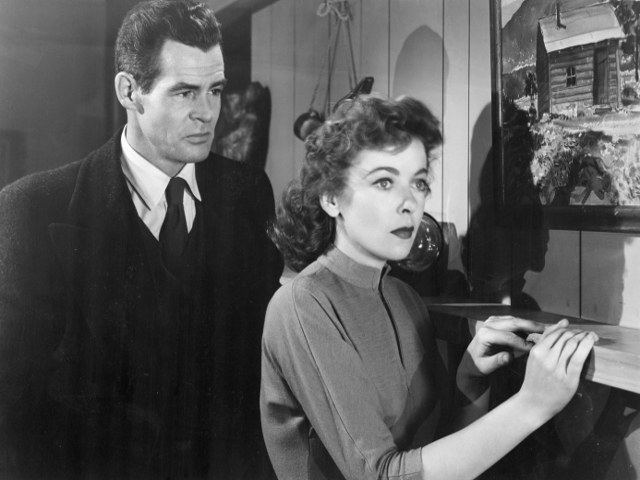Women's Pictures - Vote For Your Favorite Female Filmmakers!
 Thursday, February 26, 2015 at 9:00AM
Thursday, February 26, 2015 at 9:00AM Hello, it's Anne Marie. Since the first month of "Women's Pictures" went so well (and because I have an extra week in February to fill), today I would like to hear from all of you charming readers and commenters. When I first asked for suggestions of female filmmakers on which to focus this series, you all chimed in with over 50 directors from 8 countries and 9 decades in movie history. We can't write about all of them (yet), so I've narrowed the list down to 10 Female Filmmakers. Please know that this is not meant as a list of the best 10 female directors. When winnowing down the original suggestions, I took into consideration size of filmography, ease of access to their films, and reader interest. The goal is to find 10 women within those restrictions who represent a variety of genre, vision, nationality, sexuality, and focus. And these 10 women are pretty incredible.
Vote for as many as you like and tell us why in the comments
In alphabetical order, our ladies are...
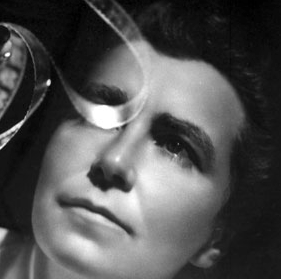 Dorothy Arzner - Years active: 1927-1943. Arzner is best known as the "only female director during Hollywood's Golden Age" (more on that at the end of this post). Arzner was a lesbian proto-feminist credited with (among other things) inventing the boom mic, looking dapper in menswear, and dressing Katharine Hepburn in that bizarre Moth Gown. Best known films: The Wild Party, The Bride Wore Red, Christopher Strong.
Dorothy Arzner - Years active: 1927-1943. Arzner is best known as the "only female director during Hollywood's Golden Age" (more on that at the end of this post). Arzner was a lesbian proto-feminist credited with (among other things) inventing the boom mic, looking dapper in menswear, and dressing Katharine Hepburn in that bizarre Moth Gown. Best known films: The Wild Party, The Bride Wore Red, Christopher Strong.
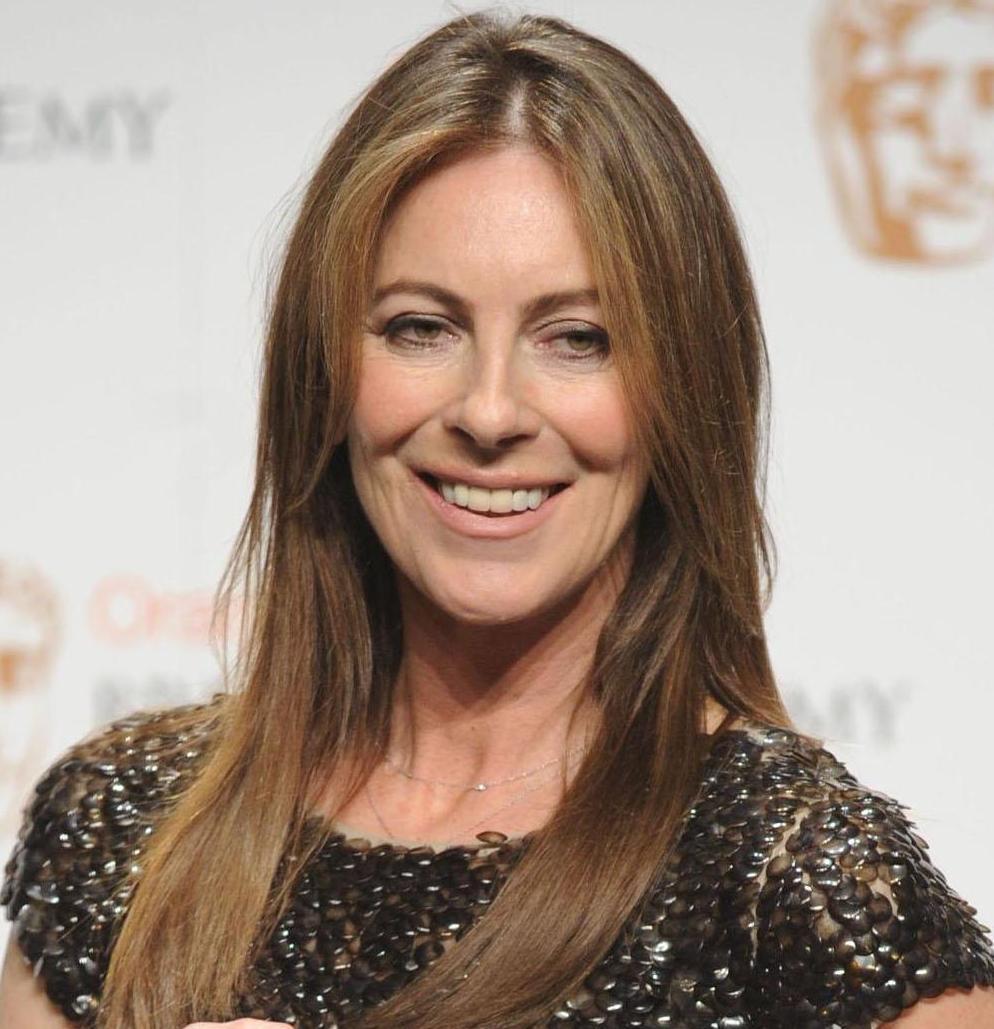 Kathryn Bigelow - Years active: 1981-present. I mean, we all know who Kathryn Bigelow is, right? She's the only female director to win an Academy Award so far! (For The Hurt Locker in 2010.) Divorced James Cameron in 1991 and beat him for Best Director two decades later. Makes action films, war films, and defies silly questions about what kinds of movies women "usually make." Best known films: The Hurt Locker, Point Break, Zero Dark Thirty
Kathryn Bigelow - Years active: 1981-present. I mean, we all know who Kathryn Bigelow is, right? She's the only female director to win an Academy Award so far! (For The Hurt Locker in 2010.) Divorced James Cameron in 1991 and beat him for Best Director two decades later. Makes action films, war films, and defies silly questions about what kinds of movies women "usually make." Best known films: The Hurt Locker, Point Break, Zero Dark Thirty
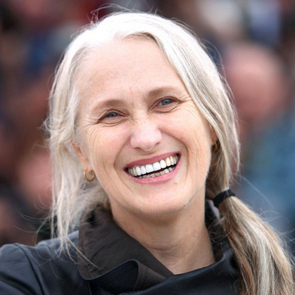 Jane Campion - Years active: 1982-present. For her film The Piano, native Kiwi Jane Campion was the first female director to win the Palm D'Or at Cannes, and became the second woman in the history of the Academy Awards to be nominated for Best Director. Most recently, she returned to the scene of her earlier triumph to be the head judge for the 2014 Cannes Film Festival. Best known films: The Piano, Bright Star, Sweetie
Jane Campion - Years active: 1982-present. For her film The Piano, native Kiwi Jane Campion was the first female director to win the Palm D'Or at Cannes, and became the second woman in the history of the Academy Awards to be nominated for Best Director. Most recently, she returned to the scene of her earlier triumph to be the head judge for the 2014 Cannes Film Festival. Best known films: The Piano, Bright Star, Sweetie
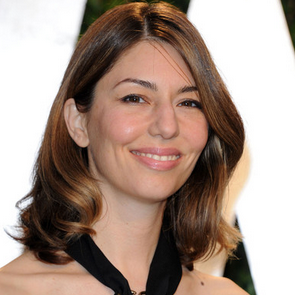 Sofia Coppola - Years active: 1999-present. Another fruit that fell from the ever-blossoming Coppola family tree. In 2004, Sofia Coppola became the third woman in Oscars history to be nominated for Best Director for her film Lost In Translation. Since then, she's taken on everything from historical fiction to memoir to true crime, all with a distinct pop art sensibility. Best known films: The Virgin Suicides, Lost in Translation, Marie Antoinette.
Sofia Coppola - Years active: 1999-present. Another fruit that fell from the ever-blossoming Coppola family tree. In 2004, Sofia Coppola became the third woman in Oscars history to be nominated for Best Director for her film Lost In Translation. Since then, she's taken on everything from historical fiction to memoir to true crime, all with a distinct pop art sensibility. Best known films: The Virgin Suicides, Lost in Translation, Marie Antoinette.
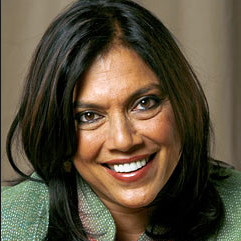 Mira Nair - Years active: 1979-present. Indian director Mira Nair has had a globe-trotting career over the past few decades. She's made documentaries, big budget Indian movies, indie films set in the American South, period pieces, shorts and more. About the most consistent thing you can say about Nair's career is that she's consistently refused to be tied to just one genre. Best known films: Monsoon Wedding, Vanity Fair, Salaam Bombay!
Mira Nair - Years active: 1979-present. Indian director Mira Nair has had a globe-trotting career over the past few decades. She's made documentaries, big budget Indian movies, indie films set in the American South, period pieces, shorts and more. About the most consistent thing you can say about Nair's career is that she's consistently refused to be tied to just one genre. Best known films: Monsoon Wedding, Vanity Fair, Salaam Bombay!
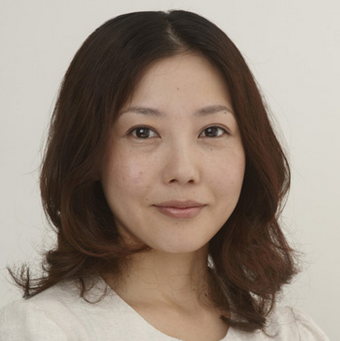 Miwa Nishikawa - Years active: 2003-present. Miwa Nishikawa is the newest addition to this list, having only 7 films and a little over a decade of experience so far. However, while her movies haven't travelled much outside of Japan yet, she is already heralded as a strong new voice in Japanese film. (Thank you, reader BRB for the suggestion!) Best known films: Dreams for Sale, Dear Doctor, Wild Strawberries.
Miwa Nishikawa - Years active: 2003-present. Miwa Nishikawa is the newest addition to this list, having only 7 films and a little over a decade of experience so far. However, while her movies haven't travelled much outside of Japan yet, she is already heralded as a strong new voice in Japanese film. (Thank you, reader BRB for the suggestion!) Best known films: Dreams for Sale, Dear Doctor, Wild Strawberries.
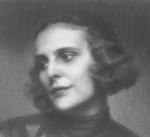 Leni Riefenstahl - Years active: 1932-1958, 2002. Best known for her Nazi propadanda film, The Triumph of the Will. It was supposedly so well-made that when the US government requested that Hollywood re-edit the movie to show Germany negatively, they were told it couldn't be done. She pushed forward documentary film & experimented with genre. Best known films (besides that one): Olympia, Lowlands, Underwater Impressions.
Leni Riefenstahl - Years active: 1932-1958, 2002. Best known for her Nazi propadanda film, The Triumph of the Will. It was supposedly so well-made that when the US government requested that Hollywood re-edit the movie to show Germany negatively, they were told it couldn't be done. She pushed forward documentary film & experimented with genre. Best known films (besides that one): Olympia, Lowlands, Underwater Impressions.
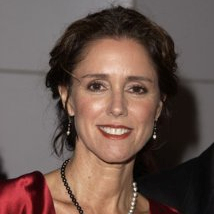 Julie Taymor - Years active: 1999-present. This MacArthur Genius Grant recipient is a theater director-turned film director-turned theater director who turned off the dark (and the safety precautions) for Spiderman on Broadway. Before that, she turned lions into puppets for Disney's The Lion King. Her films are visually vibrant, beautiful, and totally bonkers. Best known films: Frida, Across The Universe, Titus.
Julie Taymor - Years active: 1999-present. This MacArthur Genius Grant recipient is a theater director-turned film director-turned theater director who turned off the dark (and the safety precautions) for Spiderman on Broadway. Before that, she turned lions into puppets for Disney's The Lion King. Her films are visually vibrant, beautiful, and totally bonkers. Best known films: Frida, Across The Universe, Titus.
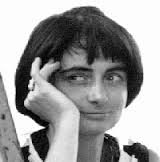 Agnes Varda - Years active: 1955-2011. The only female member of the talented boys club that was the French New Wave. Varda was an artist before making her way to film, a journey for which she attributes her unique perspective. She's still alive and kicking (and occasionally at film festivals), but seems to be enjoying resting on her well-deserved laurels now. Best known films: Cleo from 5 to 7, Vagabond, The Beaches of Agnes.
Agnes Varda - Years active: 1955-2011. The only female member of the talented boys club that was the French New Wave. Varda was an artist before making her way to film, a journey for which she attributes her unique perspective. She's still alive and kicking (and occasionally at film festivals), but seems to be enjoying resting on her well-deserved laurels now. Best known films: Cleo from 5 to 7, Vagabond, The Beaches of Agnes.
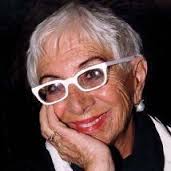 Lina Wertmuller - Years active 1965-2009. This Italian director was the first woman ever nominated for Best Director, when the Academy nominated her in 1975 for her film Seven Beauties. One of her films also holds the record for longest title (it was shortened to Blood Feud). A highly vocal political activist, many of her characters reflect her more extreme stances. Best known films: Seven Beauties, The Seduction of Mimi, Swept Away.
Lina Wertmuller - Years active 1965-2009. This Italian director was the first woman ever nominated for Best Director, when the Academy nominated her in 1975 for her film Seven Beauties. One of her films also holds the record for longest title (it was shortened to Blood Feud). A highly vocal political activist, many of her characters reflect her more extreme stances. Best known films: Seven Beauties, The Seduction of Mimi, Swept Away.
Who do you vote for? (You may vote for more than one.)

Coming in March: IDA LUPINO
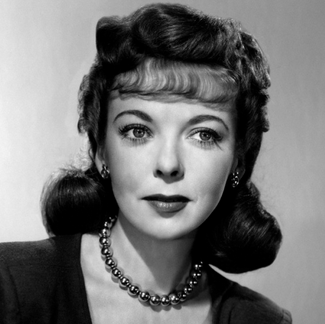
The noir-actress-turned-writer/producer originally became a director out of necessity, but quickly made a name for herself by writing the kinds of films that the big studios wouldn't touch. Using her buddy Howard Hughes's money and support, Lupino started a production company, and a directing career that lasted two decades. Follow along as we watch a blonde bombshell turn herself into a behind-the-scenes bigshot.
March Schedule:
3/5 - Never Fear (1949) - Ida's first directing credit about a dancer who contracts polio. (Available on Amazon Prime)
3/12 - The Hitch-Hiker (1953) - A foray into film noir with a hitch-hiker holding two men hostage. (Available on Amazon Prime)
3/19 - The Bigamist (1953) - Ida Lupino and Joan Fontaine are married to the same man. (Available on Amazon Prime)
3/26 - The Trouble With Angels (1966) - Lupino's last feature film involves Rosalind Russell, Hayley Mills, and nuns. (Available on Amazon Prime)





